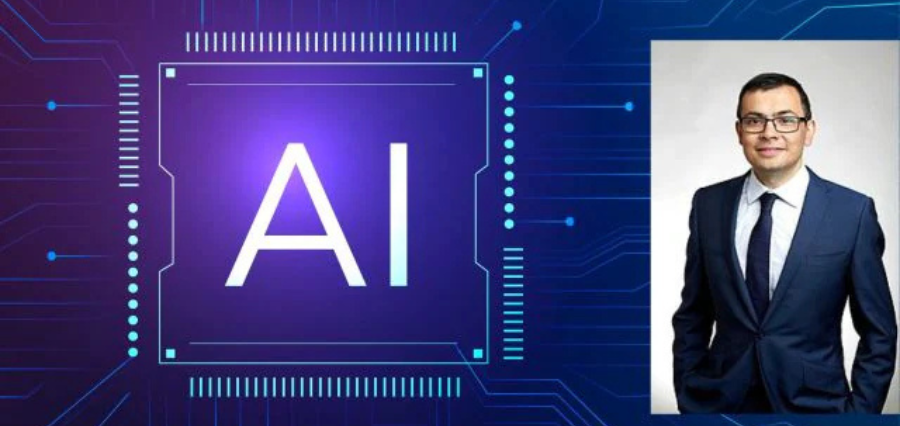Prime Highlights
- Google DeepMind CEO Demis Hassabis foresees Artificial General Intelligence (AGI) arising in 5–10 years.
- But he says existing AI systems are still without imagination and consciousness.
Key Facts
- Hassabis emphasizes today’s AI copies built-up human knowledge but can’t yet produce genuinely novel ideas.
- He thinks AI will soon transform areas such as drug discovery and robotics.
- Safety and ethical limits need to be set as AI systems become more advanced.
Key Background
Demis Hassabis, Google DeepMind CEO and Nobel Prize-winning AI researcher, predicts Artificial General Intelligence (AGI)—human-level cognition with AI—emerging in the next decade. In an interview with CBS’s 60 Minutes, he drew attention to how quickly AI development is happening, but cautioned that current models have a long way to go toward being conscious or creative. Existing systems, he said, are educated on massive amounts of data created by humans and can simulate comprehension but lack creativity. They can’t yet ask new questions or offer new hypotheses—fundamental abilities of human intelligence.
Hassabis thinks that prior to AI getting anywhere near consciousness, efforts should be put towards creating clever tools that will help humans better comprehend the world, especially in neuroscience. That way, he insists, humans will be more ready for the practical and moral ramifications of creating conscious machines.
One of the most important uses of AI, in Hassabis’ view, is to speed up pharmaceutical research. He added that conventional drug development is done in about 10 years and costs billions. AI technology, such as that employed in DeepMind’s AlphaFold initiative, which makes protein structure predictions, could slash that time significantly, possibly to weeks or months. This breakthrough has profound implications for global health and disease prevention.
Hassabis also predicts a robotics breakthrough within the next two years. He foresees the development of humanoid and task-specific robots that can operate efficiently in the real world, closing the gap between digital and physical usefulness even further.
Even with these advances, Hassabis stressed the need for transparency and control. AI systems are still a “black box” in many respects, and although designers try to instill particular capabilities, unforeseen behaviors can arise during training. He believes in instilling ethical values, guidance systems, and safety protocols into these technologies—similar to how a child is instructed right from wrong.
His vision is a balance of hope and conservatism—calling for both speeding up innovation and carefulness in regulation and safety.
Read Also : Kia EV4 Set to Redefine Affordable Electric Mobility in 2026

